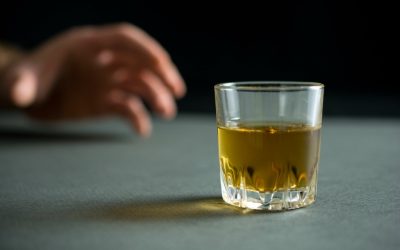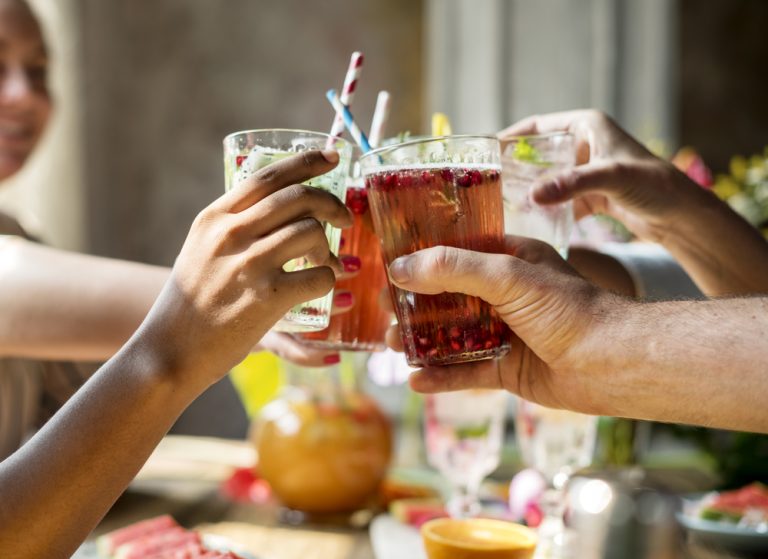Otoplenie-Blog.com.ua > Sober living > Sneezing caused by more than allergies: Ask the Doctors
Sneezing caused by more than allergies: Ask the Doctors
Symptoms of an alcohol intolerance include nausea and vomiting, diarrhea, headaches, hives, facial flushing, chest tightness or difficulty breathing. If someone experiences these symptoms after consuming even small amounts of alcohol it is important to seek medical attention immediately. Finally, the taste of red wine itself can also cause sneezing in some people.

I’m a moderate drinker now but in the past was a heavier drinker. While I was drinking a lot about 9 years ago I noticed that I would have a sneezing fit any time I had a few drinks. This didn’t happen when I first started drinking; it was about 5 years later the first time I noticed it.
Why do I sneeze after a hot shower?
Of all alcoholic beverages, red wines usually have the highest histamine content. Alcohol usually contains sulfite compounds, and it is important to be https://en.forexdata.info/why-do-i-sneeze-when-i-drink-alcohol/ aware of your sensitivity. If you have ever felt nauseous or had a headache after drinking wine, there is a chance that you are sensitive to sulfites.
His focus on coffee has led him to write extensively about the brewing, roasting, and tasting of this beloved beverage. He has been working in the Specialty Coffee Retail industry for over five years. Researchers estimate that 8% of the world’s population has a defective ALDH2 gene. People 20 Natural Alcohol Detox Supplements and Vitamins of Korean, Japanese, or Chinese descent are more prone to this genetic defect than people of other ethnicities. Alcohol can trigger asthma attacks in patients who have previously been diagnosed with asthma. If you have medical concerns, please consult a healthcare professional.
Why Does Red Wine Make Me Sneeze?
Having a mild intolerance to alcohol or something else in alcoholic beverages might not require a trip to a doctor. Simply avoid alcohol, limit how much you drink or avoid certain types of alcoholic beverages. Alcohol intolerance is caused by a genetic condition in which the body can’t break down alcohol efficiently. The only way to prevent these uncomfortable reactions is to avoid alcohol. In addition to avoiding high-histamine and allergy-triggering foods, people should focus on incorporating histamine-lowering and anti-inflammatory foods into their diet.
